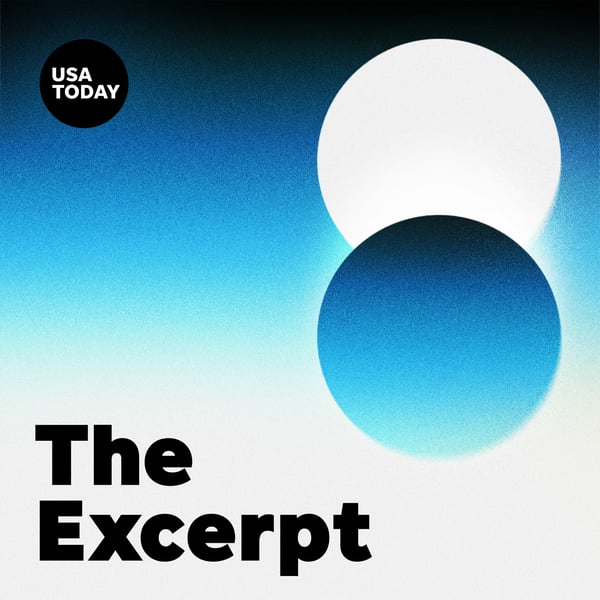SPECIAL | At this year's NATO Summit the stakes couldn't be higher
The Excerpt
USA TODAY
4.4 • 1.2K Ratings
🗓️ 5 June 2025
⏱️ 16 minutes
🧾️ Download transcript
Summary
The 2025 NATO summit will be held in The Hague later this month. Among the topics of discussion will be defense spending, strengthening the alliance, support for Ukraine and bolstering defense capabilities. With the summit fast approaching, how might European powers fill the leadership and aid vacuum left by the U.S. as the Trump administration's appetite for foreign conflict dissipates? Max Boot, senior fellow at the Council on Foreign Relations, joins The Excerpt to talk through all the issues on the table.
Let us know what you think of this episode by sending an email to [email protected].
See Privacy Policy at https://art19.com/privacy and California Privacy Notice at https://art19.com/privacy#do-not-sell-my-info.
Transcript
Click on a timestamp to play from that location
| 0:00.0 | Hello and welcome to the excerpt. I'm Dana Taylor. The 2025 NATO Summit will be held at the |
| 0:09.7 | World Forum in the Hague from the 24th to 26th of June. Among the topics of discussion |
| 0:16.0 | will be defense spending, strengthening the alliance, support for Ukraine, and bolstering defense capabilities. |
| 0:22.5 | With the summit fast approaching, how might European powers fill the leadership and aid vacuum |
| 0:28.6 | left by the U.S. as the Trump administration's appetite for foreign conflicts dissipates? |
| 0:34.2 | Here to share his insights on what to watch out for leading up to and coming out of the summit is historian and author, Max Boot, Senior Fellow for National Security Studies at the Council on Foreign Relations. Thanks for joining me, Max. Good to be with you. First, give us a very brief history of NATO, how it came to be, and its overall aims. |
| 0:56.0 | Well, NATO was created in the late 1940s as a way for the United States and Canada to work together with our European allies to counter the Soviet threat to Western Europe. And it's become the most successful alliance in world |
| 1:15.1 | history. It's built together after all those years. And it has been throughout its history, |
| 1:20.4 | the linchpin of security and stability in Europe. And after the fall of the Berlin Wall in 1989 |
| 1:27.4 | and the collapse of the Soviet Union in |
| 1:29.0 | 1991, NATO expanded to the east to take in the newly liberated former Soviet satellite states and |
| 1:37.0 | republics, including the Baltic states, Poland, Romania, and others. And it has played a massive role |
| 1:43.5 | in stabilizing that part of Europe and |
| 1:47.6 | preventing Russian aggression. I think it's very significant, for example, that Vladimir Putin |
| 1:53.7 | is attacking Ukraine, which is not a member of NATO, but he is not attacking the Baltic republics |
| 2:00.5 | or Poland, which are members of NATO. I think that's a member of NATO, but he is not attacking the Baltic republics or Poland, which are members of |
| 2:02.3 | NATO. I think that's a demonstration of the importance of NATO and the deterrent effect that it |
| 2:07.3 | has in action. Max, are we seeing a return to the United States pre-World War II diplomatic |
| 2:14.3 | isolationism? What's the historical significance of President Donald Trump's |
| 2:19.1 | threatening to change the U.S. participation in NATO? Well, it's very concerning to see a U.S. |
| 2:25.5 | president who labels his foreign policy America first, because, of course, that was the label |
| 2:32.6 | used by Charles Lindbergh and other isolationists |
... |
Please login to see the full transcript.
Disclaimer: The podcast and artwork embedded on this page are from USA TODAY, and are the property of its owner and not affiliated with or endorsed by Tapesearch.
Generated transcripts are the property of USA TODAY and are distributed freely under the Fair Use doctrine. Transcripts generated by Tapesearch are not guaranteed to be accurate.
Copyright © Tapesearch 2025.

